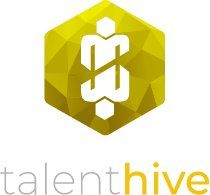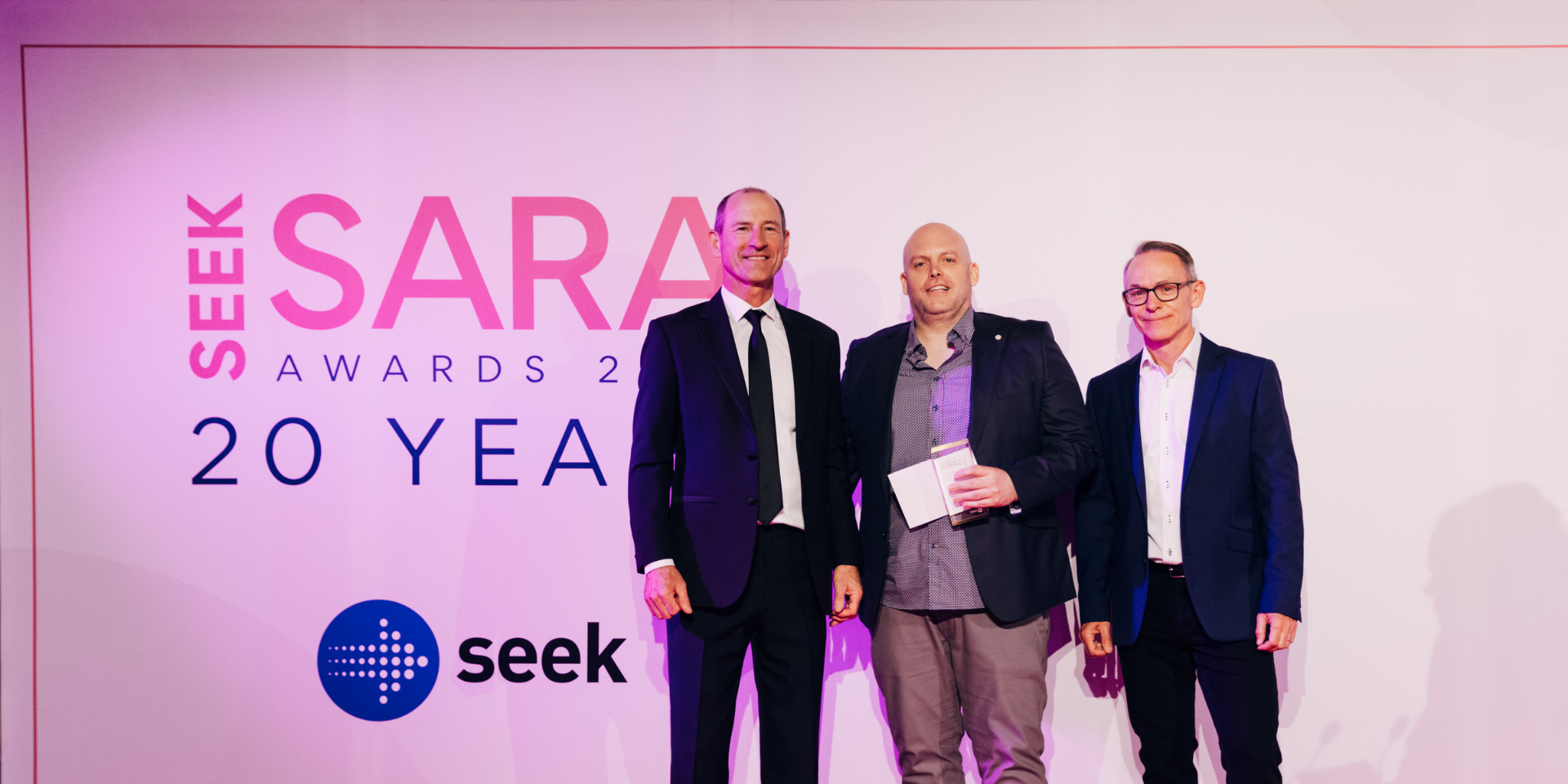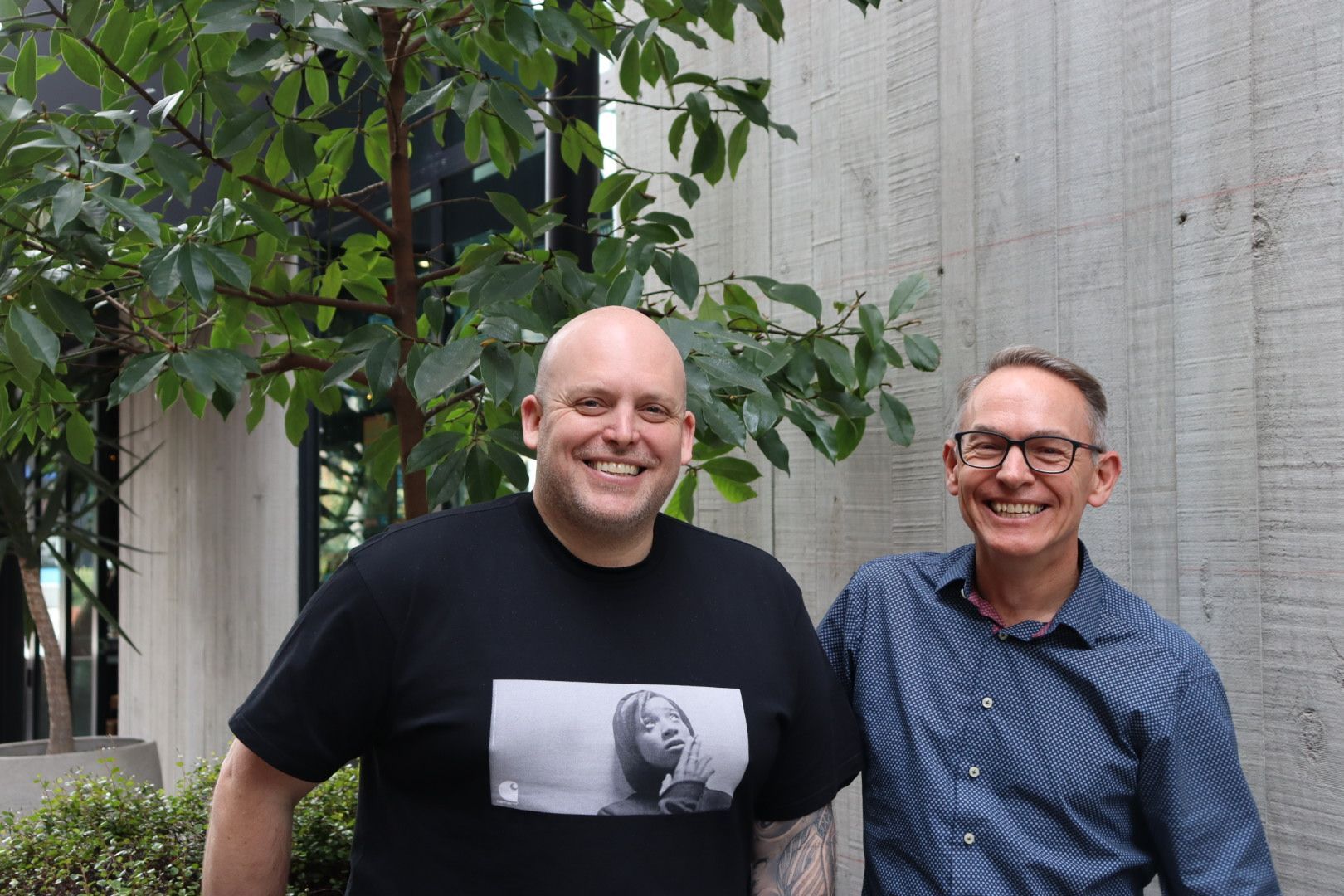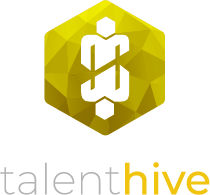How Important is My Online Profile to My Career Progress
The challenge
With the consequences of climate change a now very real threat for companies and organisations, adopting a sustainable approach has become a necessity, not just a nice-to-have. While that’s good news for DETA, which has benefited from an increased market opportunity, it’s thrown up a few challenges to navigate - namely people resources. With new projects and leads coming in thick and fast, DETA had a decision to make; turn away new clients because they didn’t have the appropriate people onboard to assist, or say yes to every opportunity and find the talent to make it happen.
DETA decided on the latter approach, so needed to scale up their engineering capacity, and do it rapidly. They chose to outsource their talent attraction to an engineering recruitment specialist, and haven’t looked back since.
After doing their due diligence, DETA made the decision to partner with Talent Hive, citing Talent Hive’s reputation for reliability and their history of delivering high-quality candidates’ as two of the key driving factors for their decision.
Talent Hive's Approach
After consulting with DETA’s General Manager of Operations to scope out roles and define the company’s goals, Talent Hive’s Director of Engineering, Matt Love- Smith got to work tailoring their award-winning Talent Acquisition Programme to attract the most suitable talent for the roles.
The sourcing strategy included:
- Drawing on Talent Hive’s wealth of industry connections and networks
- Using database technology to complete a comprehensive market scan of candidates
- Warming up passive talent with targeted social media marketing campaigns
- Creating and hosting a customised talent landing page, in conjunction with an internal and external referral system in order to build awareness around DETA’s work, their company values, and to make it easy for candidates to learn more about the roles and apply.
- By strategically sourcing and engaging only the highest calibre of passive candidates, Talent Hive accelerated time to value and achieved an impressive interview-to-offer ratio, drastically reducing the time DETA’s Hiring Manager was required to attend interviews.
Key outcomes delivered
It's results that matter. Here is an overview of how Talent Hive delivered for DETA Consulting.
- 100% of roles filled
- 100% of candidates hired within agreed timeframe and budget
- 50% of candidates hired ahead of target
- 60% of candidates interviewed by DETA offered roles. A further 25% of candidates being considered for future hires. By strategically sourcing and engaging only the highest calibre of passive candidates, Talent Hive accelerated time to value and achieved an impressive interview-to-offer ratio, drastically reducing the time DETA’s Hiring Manager was required to attend interviews.
- Talent Hive received five star ratings from DETA’s Hiring Manager (5/5 avg) and (4.95/5 avg) from candidates on sourcr.com
- Talent Hive re-engaged to manage DETA’s Graduate Recruitment Programme for the 2023 intake. This has been successfully completed.
DETA Consulting
It's been a pleasure working with Talent Hive on finding technical recruits. Matt's diligence and dedication has made what we thought would be a difficult process, a seamless and stress-free one. Despite a shortage of talent, Matt has consistently secured us a high- calibre of candidates, which has set us up for success.
- Callum Streeter
Christchurch:
2/38 Southwark Street
Christchurch
PO Box 162
8140
Powered with 💛 by Shazamme









